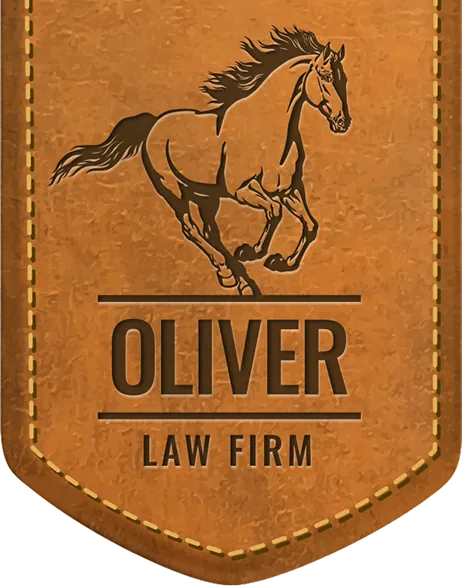One of the first things that I learned working for Oliver Law Firm was the importance of being a good storyteller. Having this tool can benefit not only attorneys, but also anyone who has to communicate for a living.
As humans, our brains are hard-wired to remember and process information based on stories. Cavemen passed down their history through stories, religious texts all convey basic principles through stories, and even today kids are taught lessons through fairytales and bedtime stories. The simple truth is, you must be an effective storyteller in order to be an effective communicator. So the trick is figuring out how to become effective.
The secret is in the details. The more details a story contains, the higher the chance the audience will remember it and take it to heart. In a world of 140 character tweets and hashtaged posts on Instagram this can be difficult to do. We’re told to be short and to the point, but that’s not the best way for someone to remember your message.
If you want someone to remember that it was hot on a particular day, telling him or her, “It was really hot,” probably won’t do it. If you say, “The temperature was over 100 degrees and the humidity was at 85%,” then you’re getting a little closer. But if you tell them, “It was so hot and humid when I walked out the door that the air took my breath away. Then when I went to get in my car you could smell the hot rubber from the dash and the steering wheel stuck to my hands when I touched it. When I turned on the air conditioning an initial blast of hot air hit me in the face and I could feel the sweat begin to bead up on my forehead before the car was able to cool down,” then they’ll likely remember that it was really hot!
Use the five senses; give people details; tell them a story that they’ll actually remember; and you’ll instantly become a better communicator.
a Free Consultation


